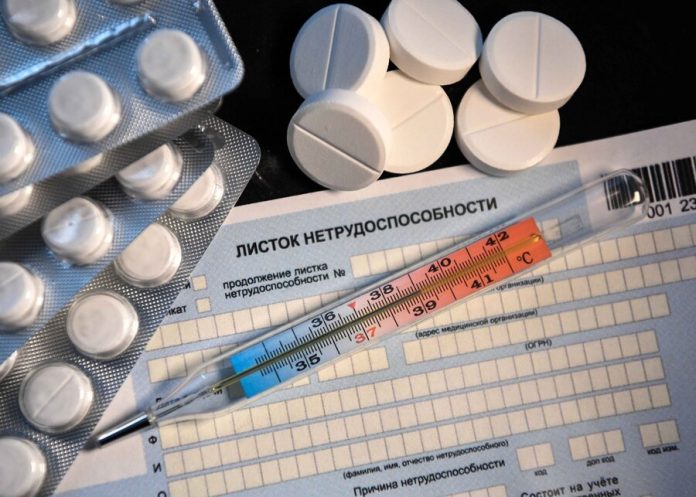
Photo: TASS/Donat Sorokin
the Russian Government has approved rules of registration of sick leaves and benefits for those in quarantine and isolation of individuals older than 65 years. Relevant document published on the website of the Cabinet.
“to Approve the attached temporary rules of registration of the certificate of incapacity, the appointment and payment of temporary disability benefit in case of quarantine of the insured persons under 65 years of age and older,” reads the resolution.
According to the document, the interim rules apply to citizens who observe the self-isolation at home, including the garden plots. Under the exception fall on the remote operation mode or in annual paid leave.
it is Noted that the certificate of incapacity will be formed by 14 calendar days from 6 to 19 April in electronic form. Payments will produce a social insurance Fund within seven calendar days from the day of issuing the sick list. The decree comes into force from 6 April.
“In case of non-observance of the regime of self-isolation of the insured reimburses the Fund damages in the manner prescribed by the legislation of the Russian Federation”, – is emphasized in the document.
on March 23, Sergei Sobyanin announced the introduction of a home treatment for citizens over 65 and those who suffer from chronic diseases. The restrictions came into effect from 26 March to 14 April.
if necessary, delivery of food, medicine, and solving other domestic problems, and to receive one-time financial assistance, they can call the hotline +7 495 870-45-09. To help them come social workers and volunteers.
Total worldwide, according to who, cases of infection with coronavirus is more than 827 thousand people, more than 40 thousand died. In Russia recorded 2777 sick, recovered 190 people died and 24 people.
Russia fixed 2 777 cases COVID-19
see also
the Government has approved amendments to tighten punishment for violation of quarantinable initiated against the resident of the Crimea because of infection with coronavirus medic’s Story:Coronavirus COVID-19
















